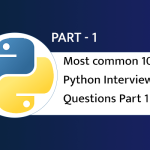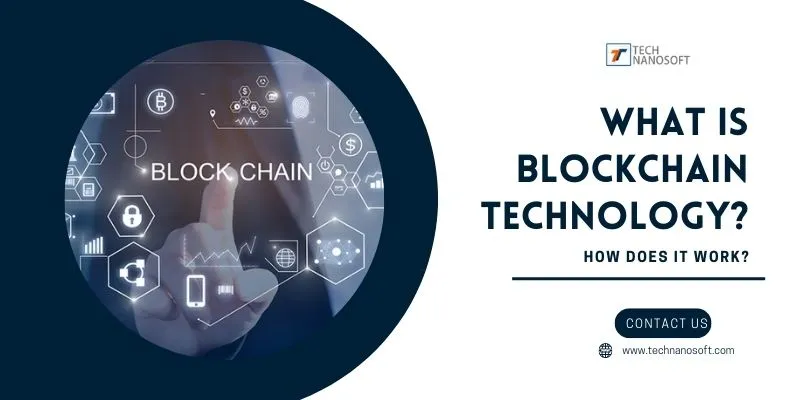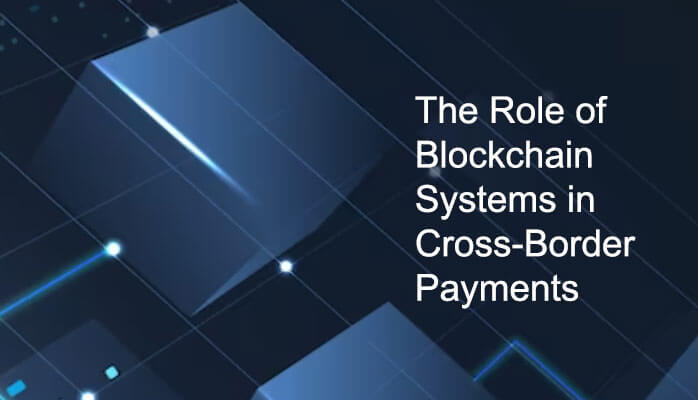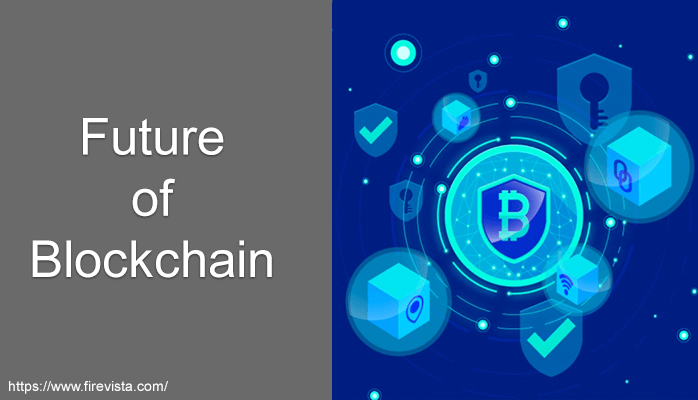In this 21st century, one of the most inclined inventions is Cryptocurrencies. Thousand upon thousands of people use and invest in it, such as Bitcoin. But have you ever wondered about the technology behind it that has made it possible in the first place? It is known as Blockchain Technology. How popular cryptocurrency is, very little is known about it, and an even smaller percentage understands. Let’s fix that, shall we?
What is Blockchain Technology?
Blockchains are best known for their crucial role in cryptocurrency systems, such as Bitcoin, for maintaining a secure and decentralized record of transactions. A blockchain is a distributed database or ledger that is shared among the nodes of a computer network. As a database, a blockchain stores information electronically in a digital format.
The innovation of a blockchain is that it guarantees the fidelity and security of a record of data. Every transaction in this ledger is authorized by the owner’s digital signature, which authenticates the transaction and safeguards it from tampering. Hence, the information the digital catalog contains is highly secure.
Blockchain technology is a structure that stores transactional records, also known as the block, of the public in several databases, known as the “chain,” in a network connected through peer-to-peer nodes. A method of recording information that makes it impossible or difficult for the system to be changed, hacked, or manipulated. Typically, this storage is referred to as a ‘digital ledger.
In simpler words, the digital ledger is like a Google spreadsheet shared among numerous computers in a network, in which the transactional records are stored based on actual purchases. The fascinating angle is that anybody can see the data, but they can’t corrupt it.
Also Read: Rise of Artificial Intelligence and Machine Learning in the Hospitality Industry
What Comes Under blockchain development services?
Blockchain is one of the new edge-cutting technology which brought uniqueness across industries. The term “blockchain” can refer to several systems now in use. In this way, a blockchain is a foundation for immutable ledgers or records of transactions that cannot be altered, deleted, or destroyed. The goal of Blockchain is to allow digital information to be recorded and distributed, but not edited.
Blockchain development services help create decentralized apps that provide increased traceability and security of data and transactions. This technology allows peer-to-peer transactions where two or more people want to have a joint record. They share Bitcoin’s underlying blockchain concept but operate in different ways. The best part is a large community protects the database stored in the blockchain network. Two of the most well-known ones are the result of work done by Ethereum and Litecoin.
So, Businesses hire Blockchain developers to make new and more efficient business methods with Blockchain technology.
What is a blockchain developer?
A blockchain developer is a software developer who focuses on blockchain development services. In blockchain software development services, developer build applications onto existing blockchain platforms, handling front-end and back-end development, design, and maintenance.
There are two primary types of blockchain developers:
1. Core blockchain developer: They are responsible for developing the architecture of the blockchain system. They design protocols, develop security patterns, and supervise the network.
2. Blockchain software developer: They use the architecture and protocols that the core blockchain developers develop to create decentralized apps that run on blockchain technology. They handle front-end and back-end development, design, and maintenance.
The Blockchain Development Company Role
Blockchain helps verify and traceability multistep transactions needing verification and traceability. It can provide secure transactions, reduce compliance costs, and speed up data transfer processing.
The blockchain development services include defining product specifications, UI & UX design, application development, QA, hybrid cloud environment deployment, and continued support. Blockchain technology can help contract management and audit the origin of a product.
What skills are needed to become a Blockchain Developer?
Blockchain has become the center of attention in the tech field. The demand for Blockchain has risen high, and for good reasons. Blockchain developer skills are a combination of hard and soft skills from an abstract point of view. An individual should have a good knowledge of Information Technologies, Information security, and computer science.
The primary duties of a developer include the following:
- Analysis.
- Safe blockchain technology development.
- Functional application development.
- Eventually, build and launch a blockchain network.
The basic understanding of an aspiring blockchain developer should be clear in Distributed Systems, Networking, Cryptography, and Data Structures.
Distributed Systems
Distributed ledgers use independent nodes to record, share, and synchronize transactions in their respective electronic ledgers instead of keeping them in one centralized server.
Networking
Blockchain relies on a decentralized network of users to validate and record transactions instead of a central authority. There are four main types of blockchain networks: public blockchains, private blockchains, consortium blockchains, and hybrid blockchains.
Cryptography
It is a method of securing data from unauthorized access. In the Blockchain, cryptography is used to confirm transactions between two nodes in a blockchain network.
Data Structures
The blockchain data structure is an ordered, back-linked list of blocks of transactions. The Blockchain can be stored as a flat file, or in a simple database, Such as – The Bitcoin Core client stores the blockchain metadata using Google’s LevelDB database.
Understanding Different Programming Languages
A good blockchain development company needs to be comfortable with programming languages. For instance, C++, SQL, JavaScript, and Python languages are good examples.











